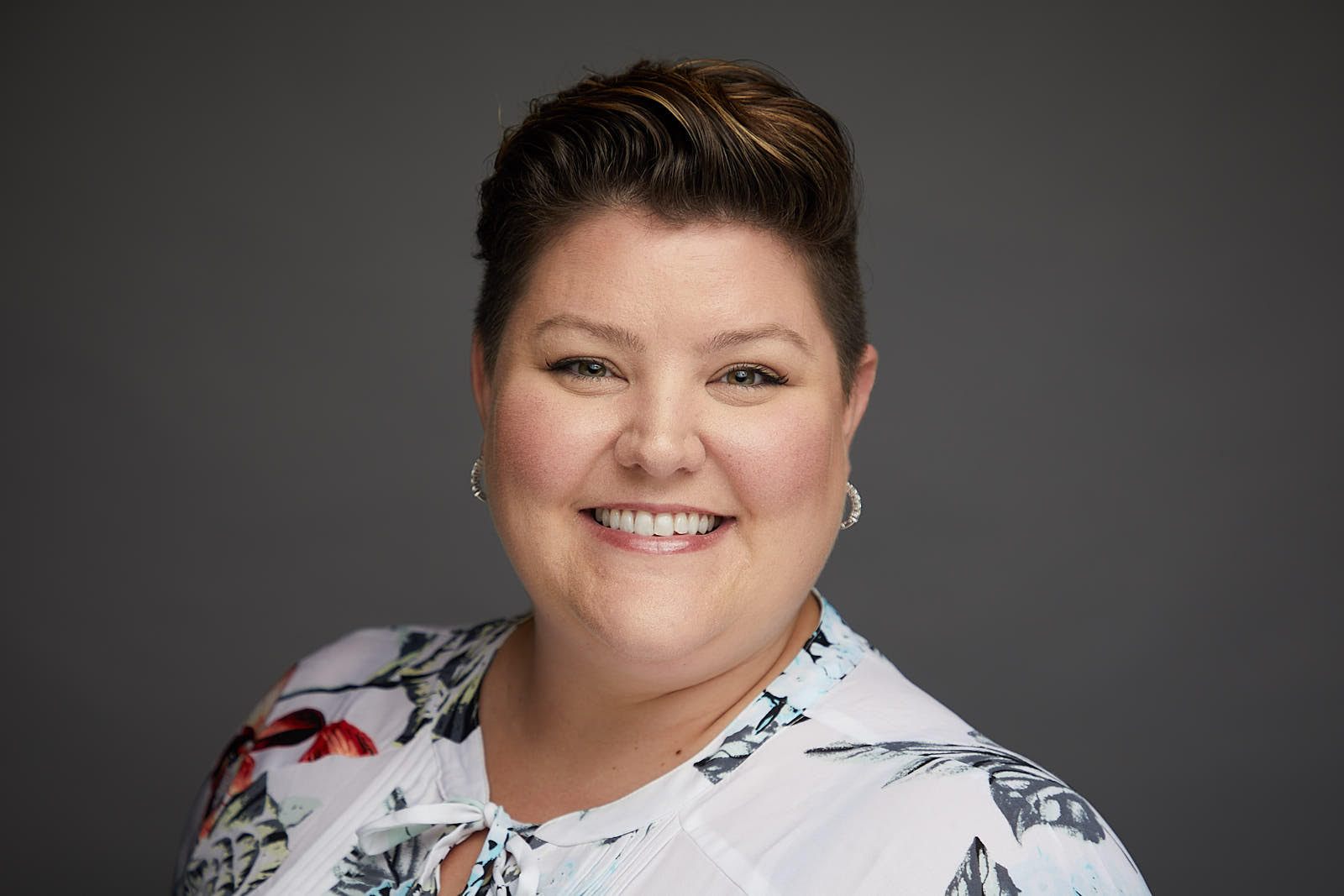Community, Family, and Addiction Sciences Degree Prepares Graduate for Career in Public Health
 Liesl Wyett graduated with her Bachelor of Science in Community, Family, and Addiction Sciences (CFAS) in 2013, and then her Master of Public Administration from Texas Tech University
in 2015. She currently works as the Director of the Departmental Research Administration
at the Texas Tech University Health Sciences Center (TTUHSC). She has also worked
closely on the Regional Addiction & Recovery Symposium that took place this year.
Liesl Wyett graduated with her Bachelor of Science in Community, Family, and Addiction Sciences (CFAS) in 2013, and then her Master of Public Administration from Texas Tech University
in 2015. She currently works as the Director of the Departmental Research Administration
at the Texas Tech University Health Sciences Center (TTUHSC). She has also worked
closely on the Regional Addiction & Recovery Symposium that took place this year.
Liesl's main responsibilities at her job include pre and post award research administration functions for the Department of Public Health, meaning she aids in proposal preparation. When an award is received, she manages the financial fund, grants expense approvals, travels, grants employee supervision, facilitates in quarterly and annual reporting, and more. Her department currently has a strategic plan to become an independent school, which involves preparation by making sure a research administration process is in place so they can grow capacity for research-related funding and scientific contributions to the various research interests of their faculty.
"The Texas Tech University System is known nationally and abroad," Liesl said. "There is no limit to how our research can shape the world. Being a part of creating that vision and plan for the future is the best part about what I do because we want our students and faculty to have all the support they need in order to make a substantial impact in the field of public health locally, nationally, and globally."
Shortly before she finished her master's degree focused on public and health policy and healthcare administration, a mentor of Liesl's sent her the job posting for a Research Associate at TTUHSC. Liesl enjoyed interning at Covenant Hospital in the Privacy and Compliance department, so she felt like this opportunity at TTUHSC would give her the practical experience that she needed while also introducing her to the research side of compliance.
"I started as a Research Associate and Grant Coordinator for a colorectal cancer prevention program and after a couple years of managing a grant and gaining increased responsibility, I realized I really enjoyed it and was excelling in the administrative responsibilities," Liesl said. "I approached the department chair and suggested that we should consider having a grant administrator to manage the departmental research functions for all the faculty. The idea was liked by the chair and the faculty and the position was created. Everything was very serendipitous."
One of the most important things that Liesl's CFAS degree taught her was the necessity and benefit of investing in human capital. At first, she thought she wanted to pursue counseling, but after taking courses, she discovered her love for healthcare and public policy.
"In my current public health position, I am regularly required to use the things I learned from the CFAS degree program," Liesl said. "My passion for advocacy, sustainability, research, and interventions was all built from and nurtured through the education I received in my undergraduate courses. My degree gave me the education and tools necessary to understand how the disease model of addictive disorders, mental illness, mental health, and recovery are woven into the fabric of our society and are some of the greatest public health challenges facing our communities today."
In Liesl's opinion, there is no other place in the world that will give you the same level of expertise, passion, commitment, and influence as the Community, Family, and Addiction Sciences program at Texas Tech. She says it is a prestigious honor to be an alumna of the program and be associated with the profound impact that it has had in so many of the social sciences fields.
An event that Liesl helped put together this year is the Regional Addiction & Recovery Symposium. This event is open to anyone affected by addictive diseases as well as people interested in this topic and looking for ways to get involved. The goal of the symposium is to introduce content through open discussions and experiences of real people.
"We believe this will open the door for more candid dialogue regarding how drugs, alcohol, and other substances/behaviors and mental illness affects our communities," Liesl said. "We know that the first step in fixing a problem is to admit we have one."
The concept of Source to Solution came about from the community's collective ability to define the source of the problem and try to find solutions for recovery and improvement. Lubbock City Councilman, Randy Christian, wanted to take advantage of the current climate and make this a primary focus of his time on the City Council. He reached out to colleagues at the City of Lubbock Health Department and the Department of Public Health at Texas Tech University Health Sciences Center, where Liesl works. Councilman Christian delegated responsibilities to these entities to help him make it happen.
"There was already so much interest in and around our city that once the idea was introduced, the entire community came together and wanted to make it happen," Liesl said.
Liesl has accomplished a lot in her career, sometimes in ways that she didn't plan. Her success stemmed from the foundational education she gained during her time in the College of Human Sciences, and her CFAS degree helped her find her passion for public health.
College of Health & Human Sciences
-
Address
College of Health & Human Sciences, Texas Tech University, P.O. Box 41162, Lubbock, TX 79409-1162 -
Phone
(806) 742-3031 -
Email
hs.webmaster@ttu.edu
